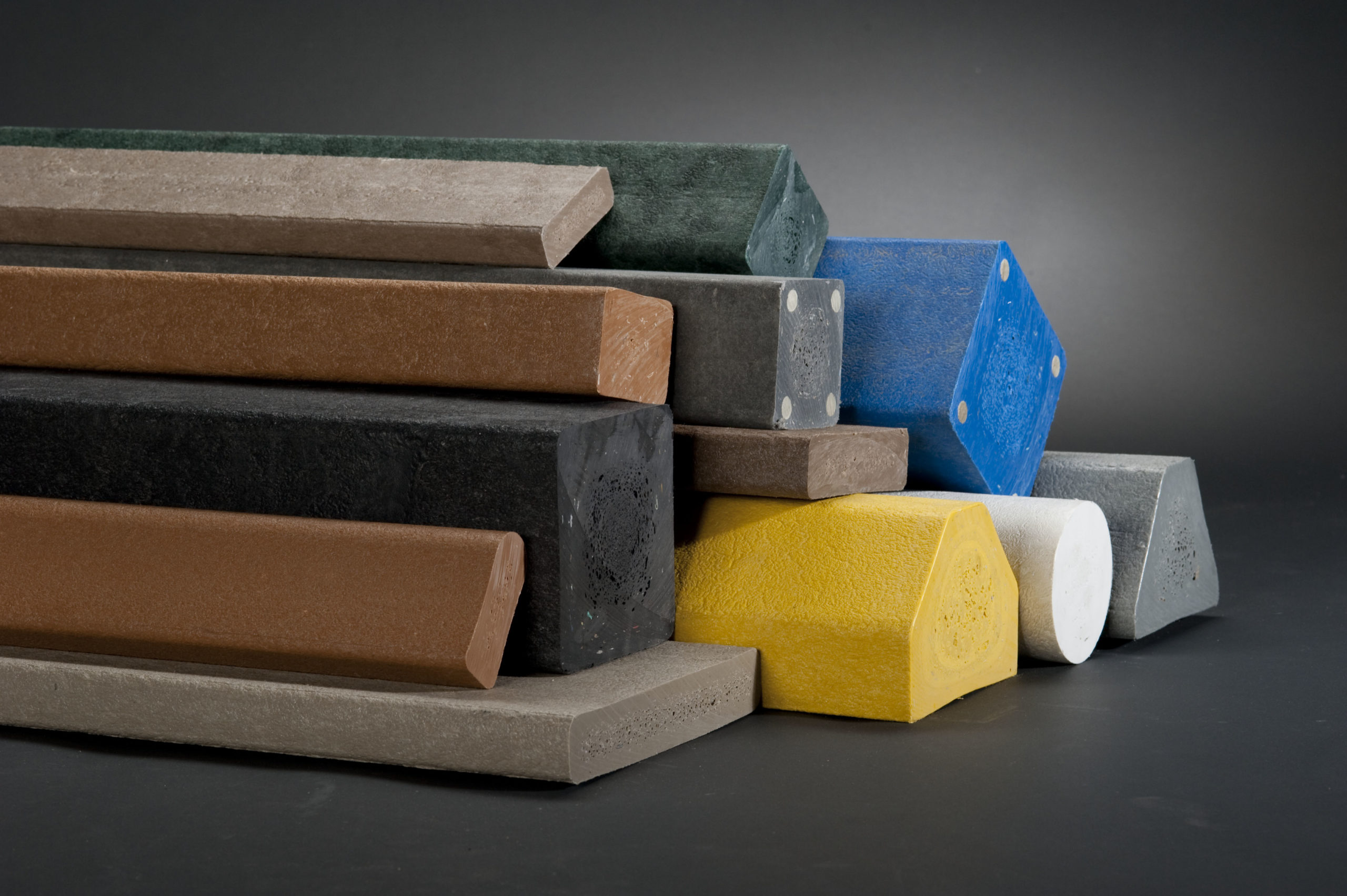Composites: The Key to Modern, Sustainable Building And Construction
Composites: The Key to Modern, Sustainable Building And Construction
Blog Article
From Waste to Wonder: Exactly How Recycled Compounds Are Reinventing Various Applications
As sectors worldwide are significantly focusing on sustainability and environmental responsibility, the use of recycled compounds has arised as a transformative solution throughout various fields. From enhancing the efficiency of auto parts to providing lasting choices in construction materials, the applications of recycled composites are appealing and vast.
The Rise of Recycled Compounds
The increasing fostering of recycled composites in different sectors reflects an expanding recognition of their economic and environmental advantages. Recycled composites, originated from products such as reclaimed carbon fiber or recycled plastics, supply a sustainable choice to standard materials without endangering on performance. Industries varying from automobile and building and construction to aerospace and durable goods are progressively transforming to recycled composites to fulfill their manufacturing demands.
One secret vehicle driver behind the increase of recycled compounds is the push in the direction of sustainability and eco-friendliness. Companies are under boosting pressure to minimize their carbon impact and reduce waste generation. Recycled compounds offer a solution by using products that would otherwise finish up in landfills, consequently advertising a circular economic situation.
Moreover, the financial benefits of using recycled compounds can not be ignored. These materials are often a lot more cost-effective than their virgin counterparts, supplying companies a means to decrease manufacturing expenses without giving up quality. As improvements in recycling technologies proceed to improve, the fostering of recycled composites is anticipated to additional rise across varied markets.
Benefits in Automotive Industry

Sustainable Solutions in Building
Including lasting techniques in construction jobs is crucial for minimizing environmental impact and promoting long-lasting practicality in the developed atmosphere. With the building and construction industry being one of the largest contributors to carbon discharges and waste generation around the world, the fostering of lasting remedies is essential in reducing these unfavorable impacts. Recycled compounds are playing a significant role in transforming building methods by providing a more environmentally friendly option to conventional building materials.
Recycled composites, stemmed from products such as redeemed plastic, wood, and rubber, offer a sustainable option for numerous building applications. These materials not only help in decreasing waste yet also provide stamina, flexibility, and durability similar to conventional building products. By integrating recycled compounds into structure designs, building tasks can add to source conservation and energy performance while preserving high efficiency standards.
Moreover, using recycled composites in building and construction aligns with the expanding demand for eco-friendly structures and lasting facilities. As ecological policies end up being more stringent and the focus on sustainability escalates, the construction sector is increasingly turning to recycled compounds as a viable service for developing eco-conscious buildings and structures.
Eco-Friendly Innovations in Product Packaging
Reinventing the realm of sustainable packaging options, green innovations are paving the method for ecologically mindful techniques in the product packaging sector. In response to the global phone call for minimizing plastic waste and lowering carbon footprints, companies are increasingly turning to environmentally friendly packaging options. Naturally degradable materials such as mushroom packaging, seaweed-based films, and compostable plastics provide promising services to the plastic pollution dilemma. These ingenious materials not only break down naturally, reducing ecological influence, yet this page likewise supply similar performance and sturdiness to conventional product packaging choices.
Additionally, the combination of recycled materials into packaging manufacturing procedures further enhances sustainability efforts. By including post-consumer recycled web content, companies can minimize the need for virgin products, conserve natural resources, and promote a round economy in the packaging market.
Changing Textiles With Recycled Composites
In the realm of lasting materials, the emphasis now moves towards changing textiles with the innovative usage of recycled composites. This advancement in textile manufacturing is driven by the pressing demand for even more green practices in the style and fabric industries. Recycled compounds offer an appealing solution by incorporating materials like plastics, carbon fiber, and glass fiber to produce functional and durable fabrics.
Among the key advantages of making use of recycled composites in textiles is the capacity to repurpose waste materials that would or else finish up in landfills. By integrating recycled components right into fabrics, makers can lower their environmental effect and add to an extra circular economy - composites. Furthermore, fabrics made from recycled compounds frequently display boosted toughness, resilience, and performance characteristics, making them optimal for a variety of applications
As customer need for sustainable products continues to increase, the adoption of recycled composites in textiles is poised to grow considerably. This shift towards more eco-friendly fabric manufacturing not just benefits the world but also opens up brand-new possibilities for technology and creative thinking in the style and fabric markets.
Conclusion

From improving the performance of automotive parts to supplying lasting alternatives in building and construction materials, the applications of recycled compounds are promising and substantial. Recycled site link composites, acquired from materials such as recovered carbon fiber or recycled plastics, supply a sustainable option to traditional materials without endangering on performance. Furthermore, the usage of recycled composites promotes the round economy by diverting waste from land fills and reducing the requirement for virgin raw products - composites.Recycled composites, obtained from products such as redeemed plastic, rubber, and wood, supply a lasting option for different building and construction applications.In the realm of sustainable products, the emphasis now moves in the direction of changing fabrics with the innovative usage of recycled compounds
Report this page